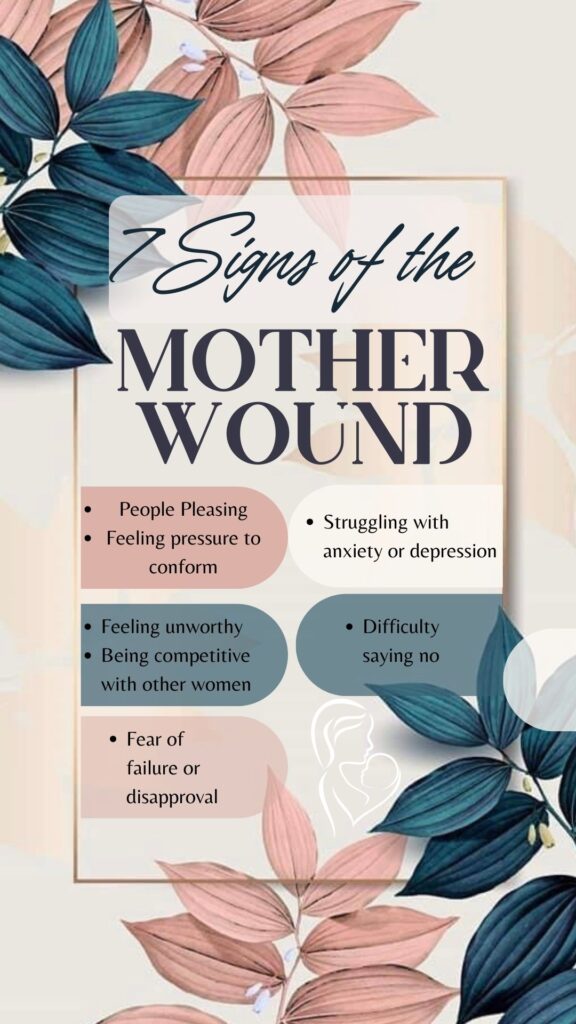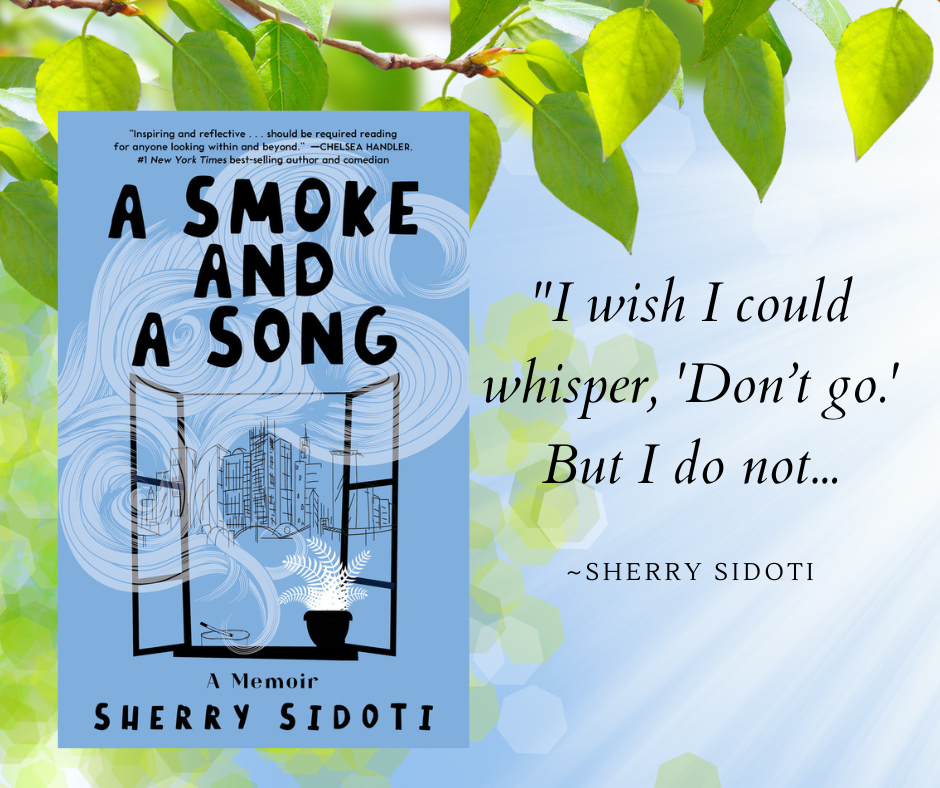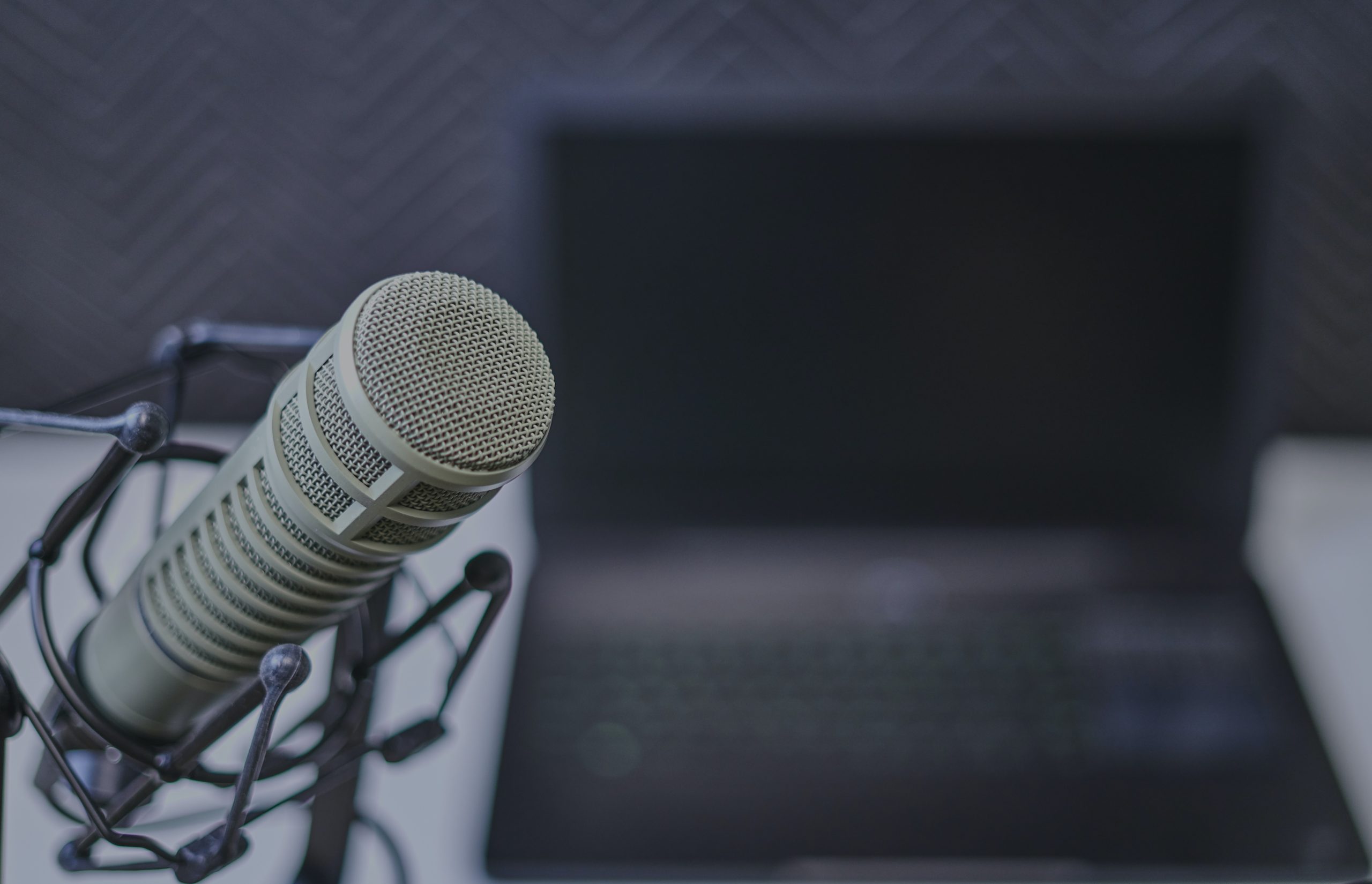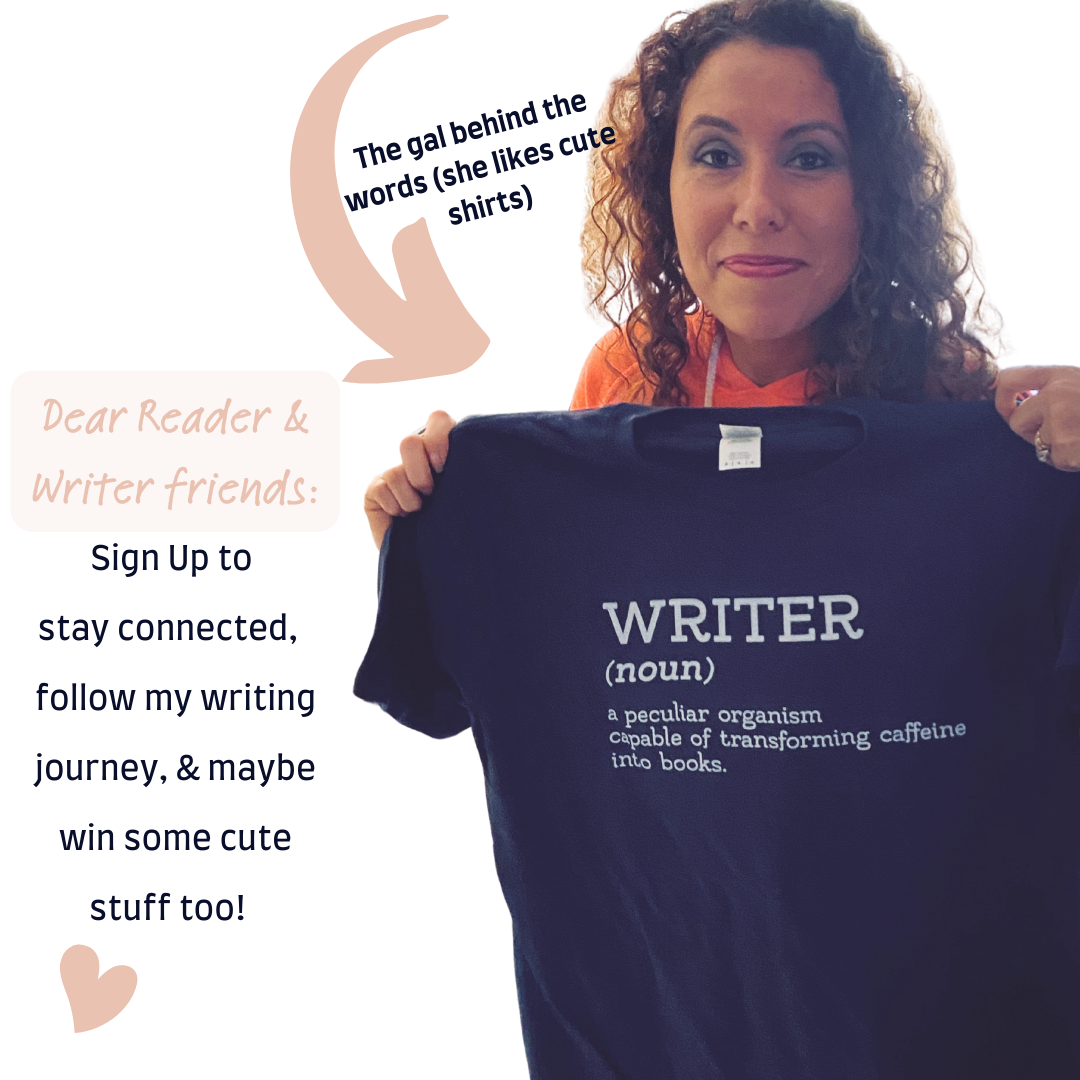The Mother Wound Book That’s Making an Impact
I never intended to write a mother wound book. Like many women, I’d been groomed to uphold my daughterly duties, and to heed the phrase “honor your mother,” even when it jeopardized my mental health. But after a triggering event, I began a quest for answers, seeking healing through other women’s narratives and through conversations with a trauma therapist. As an author and journalist, writing had been the tool I used to navigate life. A flashlight in the dark. So through my tears, I wrote to find meaning in the pages of the mother wound book that would eventually become my memoir Nobody’s Daughter.
When “Honor Your Mother” Means Suffering in Silence
Throughout the year or so I spent writing the mother wound book, a chorus of platitudes played in my ear: honor your mother, forgive and forget. I was determined not to be one of those daughters who blame their mother for everything, who tattoo arguments on their hearts and use all their strength to hold grudges. I was not a victim, I told myself. I was conflicted about sharing what I was writing. But the more I understood about intergenerational trauma, dysfunctional coping mechanisms and the patriarchal society, the more clearly I saw my own suffering. Healing the mother wound would be an act of self-love, a process of discovering my inner mother, and finally setting boundaries. When I began to listen to my pain, a million tiny whispers gained strength and volume. I wrote to free the internal chaos, to give my voice a platform. I realized that the mother wound book had become that platform for me and other women.
As any author knows, writing a memoir requires a commitment to uncover bitter truths. I would have to recognize and admit to my own mistakes as I reflected honestly on the mother-child relationship. And though my mother failed to nurture and protect me, I also saw rare glimpses of her attempts to be maternal. I was able to balance compassion with the anger and hurt I was working through. As I revisited the past, I became a tourist in a foreign country, observing the war torn territory with the goal of healing my mother wound scars.
Telling my story helped me understand how a toxic relationship can alter our perceptions about love. It gave me the courage to make a vital, life-changing decision. It was the catalyst for finding a host of new authors to support, women who’d crafted their own mother wound books and empowering memoirs, and readers who were also invested in the healing journey.

I’d lived 40 years without ever hearing the term “mother wound,” or knowing how it impacted my life. Upon researching for the mother wound book, I learned the most common signs of the mother wound, many of which I had exhibited throughout my life. Reading insightful articles by trauma specialists, and incredible books like The Body Keeps the Score (which my therapist recommended), I was able to understand myself on a deeper level. I ache for the many women who carry wounds that have affected their wellbeing, scars that have led them to fail or to perceive themselves as failures in various areas. These common signs of the mother wound are not personal defects; they are traits we’ve developed and can change.
Common Signs of The Mother Wound
- People-pleasing and emotional caregiving
- Feeling competitive with other women
- Feeling pressure to conform to the cultural standards of womanhood
- Tendency to remain small to avoid conflict, or refrain from speaking up if it will upset others
- Feelings of unworthiness, or that you are innately flawed
- Difficulty saying no or setting boundaries
- Fear of failure or disapproval
- Consciously or unconsciously striving for or desiring your mother’s approval
- History of eating disorders, anxiety, depression or addiction
I’ve spent most of my life feeling lonely and unloved, unsupported, invisible and unworthy. These feelings did not consume me, as they were often buried deeply, but they were present nonetheless. Like background music. My therapist explained that our mothers are the most powerful influences in our lives, and that their love and presence or absence can shape our sense of self. If we are continually ridiculed, neglected or belittled in our developing years, we can carry that pain and its manifestations throughout our lives. Those revelations led me to write a series of essays that would eventually morph into the mother wound book.
Daughters Who Blame Their Mothers for Everything
My stepfather sexually abused me for many years during my childhood. When my mother discovered his dark secrets, she chose denial as a coping mechanism. Unable to process the trauma or discuss my feelings with my mother, I internalized the shame. I remained small, avoided confrontation, and learned to put others’ needs above my own, particularly, my mother’s.
My “good behavior” led to self-sabotaging, low self-esteem, a poor body image and various mental health issues. When the mother wound goes unacknowledged, it can be extremely challenging to move forward emotionally and psychologically into healthy relationships.
By age 40, I had overcome divorce and survived the single motherhood and the turbulent years of raising a son with ADHD and severe depression. I was unscathed, I falsely believed that being a mature woman meant leaving my problems in the past. When my sons were mostly grown up (on the outside, anyway) I met and married a stable, loving man. That healthy relationship sowed the seeds that ultimately would grow my mother wound book.
Trauma leaves an imprint on the body and mind
All of the pieces had fallen into place. And while I believed I had found the perfect blueprint for happiness, my trauma had other plans. Around 2021, a triggering event brought back the pain I had suppressed, forcing me to face the emotional consequences or stay trapped in the prison of debilitating depression.
“We tend to think of healing as something binary: either we’re broken or we’re healed from that brokenness. But that’s not how healing operates, and it’s almost never how human growth works. More often, healing and growth take place on a continuum, with innumerable points between utter brokenness and total health...”
― Resmaa Menakem, My Grandmother’s Hands: Racialized Trauma and the Pathway to Mending Our Hearts and Bodies
Accepting Our Role & Responsibility to Heal the Mother Wound
Prior to my bout with depression, I thought that a positive mindset was enough to heal the mother wound or any type of trauma. Think good thoughts and you’ll have a good life. But sometimes we need more than mantras and magical thinking. In my mother wound book, “Nobody’s Daughter, A Memoir of The Mother Wound,” I found a safe space to explore the hidden impact that trauma had on my life. As I researched and wrote about my experiences, I peeled back the layers of time that revealed my own flawed behavior as a mother. I decided that healing was more than a personal choice. It was my responsibility as a mother to protect the next generation from the ripple effects of my trauma.
I understood the nuances of neglect and abuse, and how mothers can wound their sons and daughters in quiet and unsuspecting ways. Sometimes it’s unintentional, but it’s hurtful nonetheless.
Abuse is not always physical, loud or explosive. It does not always come with a hard fist, visible bruises or cutting words. Abuse comes in many forms, and can be subtle yet incredibly powerful. Whether emotional, physical, or by way of non-verbal patterns of communication, our loved ones can inflict pain. This fact is crucial to understanding the mother wound and difficult mother-daughter relationships.
The Mother Wound Book: Nobody’s Daughter: A Memoir of Healing the Mother Wound
Writing Nobody’s Daughter: A Memoir of Healing the Mother Wound was my kind of medicine, but we each have our own path to pursue. It’s never too late to discover the inner mother your heart desires. We do not age out of our pain when we enter adulthood. We have a right to our feelings, a right to grieve and be whole.
Additional Mother Wound Books and Trauma Resources:
(Although Amazon purchases made through these links help support this blog, I have personally read these books and therefore recommend them.)
- The Body Keeps the Score Bessel van der Kolk M.D. (Amazon)
- Nobody’s Daughter: A Memoir of Healing the Mother Wound
- The Mother Wound by Amani Hadar (Amazon)
- What My Bones Know: A Memoir of Healing from Complex Trauma (Amazon)
P.S If you would like to share any of your own helpful resources or mother wound books, please visit the contact page to reach out!



